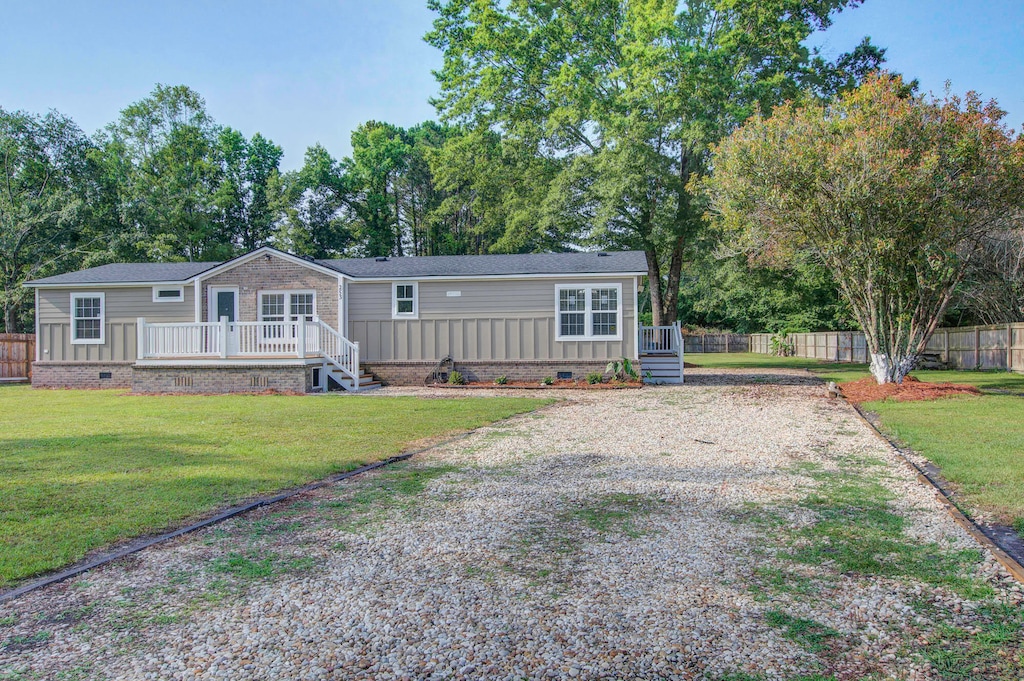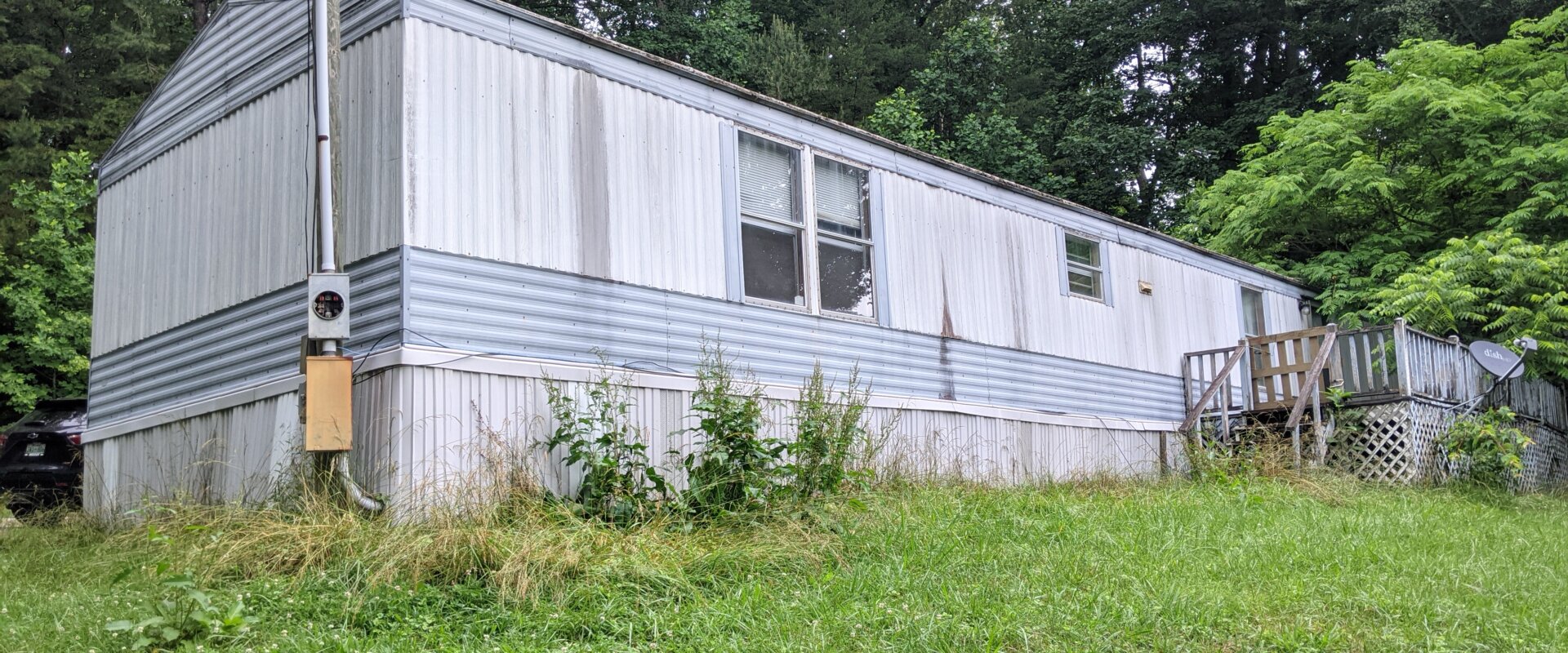Mobile homes, also known as manufactured homes, offer an affordable and flexible housing option for many people in Tennessee. However, one common question among mobile home owners and prospective buyers is whether mobile homes are considered real property in Tennessee. The classification of mobile homes as real property or personal property can have significant implications for taxation, financing, and legal matters. In this blog post, we will explore the criteria that determine the classification of mobile homes in Tennessee and what it means for homeowners.

Understanding Real Property vs. Personal Property
Before diving into the specifics of mobile homes in Tennessee, it’s essential to understand the distinction between real property and personal property. Real property refers to land and any permanent structures attached to it, such as houses or buildings. Personal property, on the other hand, includes movable items that are not permanently attached to the land, such as vehicles, furniture, and, in some cases, mobile homes.
Criteria for Classifying Mobile Homes as Real Property in Tennessee
In Tennessee, the classification of a mobile home as real property or personal property depends on several factors, including how the home is affixed to the land and whether the owner holds the title to the land. Here are the key criteria that determine the classification:
1. Permanent Foundation
One of the primary criteria for classifying a mobile home as real property in Tennessee is whether it is placed on a permanent foundation. A permanent foundation typically includes a concrete slab, piers, or a crawl space. When a mobile home is installed on a permanent foundation, it is considered affixed to the land, and thus, it can be classified as real property.
2. Land Ownership
Another crucial factor is land ownership. If the mobile home owner also owns the land on which the home is situated, the home is more likely to be classified as real property. In contrast, if the mobile home is located in a mobile home park or on leased land, it is generally considered personal property.
3. Title Conversion
In Tennessee, the process of converting a mobile home from personal property to real property involves a title conversion. This process requires the homeowner to surrender the mobile home’s certificate of title to the county register of deeds and record the home as real property. This step legally changes the status of the home from personal property to real property.

Implications of Mobile Home Classification
The classification of a mobile home as real property or personal property has several important implications for homeowners in Tennessee. Here are some of the key considerations:
1. Property Taxes
One of the most significant implications is property taxation. Mobile homes classified as real property are subject to property taxes, similar to traditional homes. These taxes are based on the assessed value of the home and land. Conversely, mobile homes classified as personal property are typically subject to personal property taxes, which may be lower than real property taxes.
2. Financing Options
The classification of a mobile home also affects financing options. Mobile homes classified as real property are often eligible for traditional mortgage financing, which can offer better terms and interest rates compared to personal property loans. Personal property loans, commonly known as chattel loans, typically have higher interest rates and shorter terms.
3. Legal Protections
Classifying a mobile home as real property can provide homeowners with additional legal protections. For example, real property is generally afforded greater protection under homestead exemption laws, which can safeguard a portion of the home’s value from creditors. Additionally, the process of foreclosing on real property is often more complex and time-consuming than repossessing personal property.
4. Resale Value
The classification of a mobile home can also impact its resale value. Mobile homes classified as real property tend to have higher resale values because they are considered more permanent and secure investments. Potential buyers may also find it easier to obtain financing for homes classified as real property.
How to Convert a Mobile Home to Real Property in Tennessee
If you own a mobile home in Tennessee and wish to convert it to real property, there are several steps you need to follow:
- Ensure the Home is on a Permanent Foundation: Install your mobile home on a permanent foundation that meets local building codes and requirements.
- Own the Land: Ensure you hold the title to the land where the mobile home is located.
- Complete a Title Conversion: Surrender the certificate of title for your mobile home to the county register of deeds and record the home as real property.
- Obtain Necessary Permits: Secure any required permits and inspections to confirm that your mobile home meets local standards for real property.
Final Thoughts
In Tennessee, whether a mobile home is considered real property or personal property depends on several factors, including the type of foundation, land ownership, and title conversion. Understanding these criteria and the implications of each classification is crucial for mobile home owners and prospective buyers. By converting a mobile home to real property, homeowners can benefit from favorable financing options, legal protections, and potentially higher resale values. If you own a mobile home in Tennessee, consider taking the necessary steps to classify it as real property and enjoy the associated benefits.

